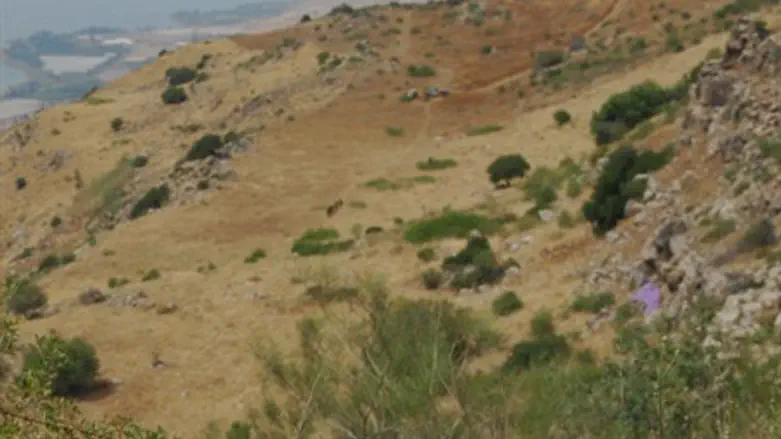
The United Nations said on Friday that Russia cannot send troops to the Golan Heights peacekeeping force, after President Vladimir Putin said he was ready to bolster the force, AFP reported.
Putin offered troops after Austria decided to withdraw its 377 soldiers from the UN Disengagement Observer Force (UNDOF) between Syria and Israel because of growing spillover from the Syria conflict.
However, UN spokesman Martin Nesirky said later on Friday that Russia was banned from taking part in the force because it is one of five permanent members of the UN Security Council.
"We appreciate the consideration that Russia has given to provide troops on the Golan. However, the disengagement agreement and its protocol between Syria and Israel does not allow for the participation of permanent members of the security council in UNDOF," Nesirky told reporters, according to AFP.
On Thursday, Austria said it was pulling its United Nations peacekeeping force from the Golan Heights. Austria accounts for about 380 of the 1,000-strong UN force monitoring the Israel-Syria ceasefire line in the Golan Heights.
“Freedom of movement in the area de facto no longer exists. The uncontrolled and immediate danger to Austrian soldiers has risen to an unacceptable level," the Austrian chancellor, Werner Faymann, and his deputy, Michael Spindelegger, said in a joint statement.
Austria’s decision to withdraw its troops from the UN Disengagement Observer Force (UNDOF), which has been monitoring the ceasefire line since 1974, came after Syrian rebels briefly seized the only crossing along the Israel-Syria ceasefire line on the Golan, before regime forces recaptured it using tanks.
On Friday, UN peacekeeping forces said they were studying whether to pullout of the Golan Heights after Austria’s withdrawal decision and two UN soldiers were injured in Syrian infighting.
(Arutz Sheva’s North American Desk is keeping you updated until the start of Shabbat in New York. The time posted automatically on all Arutz Sheva articles, however, is Israeli time.)